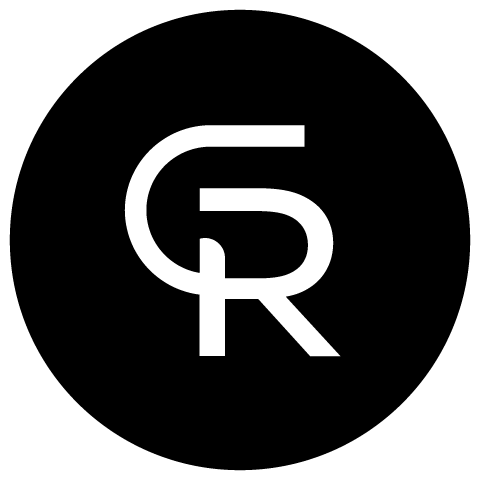RFPs Suck
Want the synopsis?
RFPs waste time and money. RFPs kill innovation.
An effective Discovery Phase is the answer to the RFP or RFQ.
I was recently reminded just how much I hate RFPs and RFQs (Requests For a Proposal or Requests For a Quote). I fell for the trap. I liked the idea of working with a company and we did our part in pulling together an RFP for the work. I knew the odds were low. Extremely low but the lure of working with this company was still worth that chance. I could literally hear Lloyd's voice (Dumber and Dumber) whispering in my ear - "so you're saying there's a chance."
We didn't get the job. Shame on me for letting us try. I just cost our company money and valuable time.
We aren't the first to make note of how broken the RFP process is. I'm sure we also won't be the last agency to harp on this issue either. In our latest 24Point podcast episode, Jeff and I discuss some of our thoughts on RFPs and an alternative approach that we've found to work a lot better.
So why do companies even do RFPs? I personally believe it comes down to three primary reasons. First, to portray fairness. Second, to get a lower price. And third, because they honestly don't know how to find the right vendor or partner.
So how does the RFQ process portray fairness? I think it started to be able to show the powers that be that multiple companies were looked at with multiple data points before a well thought out decision was made. It is why the government tries to do it. It is why larger businesses do it. So they can legitimately say they "tried" to find a vendor a "fair" way.
More times than not, there is someone or some company already desired and chosen for that project. We've been on both sides of this scenario. Literally being told we had the job but needed to follow company protocols.
So instead of being allowed to be honest, companies are encouraged to spend time and money to win work that is nearly impossible to win.
The second reason to do RFPs is to get a better price. I get it. Get several bids and let everyone "compete" for the job. The only challenge though is that pricing software is literally all over the place. So many variables to consider and you can ask anyone responsible for putting out RFPs just how different the responses are.
The third is to truly find the best partner to build the product that is needed. The sad thing is that most people believe they are being more efficient when they think out their RFP and detail it out as much as possible for another company to figure out the solution.
The honest truth though is that great product development is more of a preparation and readiness for the unexpected. Innovation takes place during our ability to adapt to new information upon receiving it. The RFP actually creates an illusion of efficiency and quality. The RFP creates a process of constraints and shuts down key conversations before they even start.
The RFP process wastes money. The pressure for multiple agencies to think through problems without having all of the facts and key information is only one part of it. Many companies put a lot of internal resources and time to writing out a detailed plan. The problem is that in most cases these individuals really aren't qualified to write out those plans. They are putting their best guesses and research on the table without the valued feedback cycles of the individuals that will be working on building that product.
So how do you find the right agency to work with?
1. Research the companies that are building products that you like and have a reputation you can trust. Then narrow that list down.
2. Reach out to those companies and have a call where you can ask them how they would approach your project. Make the questions simple and have them put together how they would approach a strategy phase with you for this project. I recommend using the same company that you will be doing the development with. Independent strategists and agencies can help but the key to me in this is getting something tangible created and not just research. It is also getting a sense of the people you will be working with. Having one or two touch points where you can actually meet the people you would be working with is genuine and important. Ask yourself if you could see yourself working through stressful challenges with the people you are meeting.
3. Know your overall budget for the next 12 months for your project and set aside 10% of that budget for an upfront Discovery/Strategy Phase. You can prioritize what you want to get worked out but it typically can range from development and execution plans to design and brand work to even functional prototypes.
I have been a part of some amazing Discovery Phases. Where inspiring innovation took place and key challenges were identified upfront together so plans could be pulled established before significant investment was made.
Feel free to give us feedback and if you have any questions. Keep the fight up for building amazing software. It is worth the effort.

